Probiotics are known to be essential for health and immunity, especially nowadays. Here are some tips on how to Choose Natural Probiotics for Babies.
Ever since the pandemic began, we’ve been focusing more on our health and immunity, which is one of the few good things to come out of this entire event. We have realized that in order to be strong enough to fight diseases and to recover quickly if we do catch something, we need to focus on all aspects of our lifestyle, and most of us have started by looking at our family’s diet.
A quote attributed to Hippocrates states: “Let thy food be thy medicine and thy medicine be thy food“. With so many studies being conducted around the world, it’s common knowledge now that the foundation for a child’s health is formed in the first few years of his life, which is why early nutrition is so important. We focus a lot on macro nutrients like carbohydrates, protein and fats, as well as micro nutrients like fiber, iron and others. But one thing we often miss out on are probiotics.
What are Probiotics?
Probiotics is a general term used to refer to a group of microorganisms, usually bacteria, that are beneficial to the human body. Not all bacteria are harmful to us; there are many good ones that can be found throughout our body, mostly in our gastrointestinal tract or our gut.
These gut microbes have some important functions like synthesizing nutrients, digesting fiber and strengthening the immune system. As you can see, these are some crucial functions, which is why probiotics play such an important role in a healthy body.
When a baby is born, he is born with a sterile intestine, with no bacteria in it. Once the baby starts breastfeeding, the probiotics in the breast milk are transferred to the baby’s gut. When the baby starts solids, he is exposed to many more probiotics in the foods he eats. After this point, the baby’s gut health will play an important role in his or her overall wellbeing. Here is a look at the benefits of adding probiotics in a baby’s diet.
Benefits of Probiotics for Babies
1. They reduce colic and reflux. Young babies often have digestive issues like colic or reflux, and these can be very distressing for both parents and child. Probiotics have been found to offer great relief, reducing crying time and helping babies sleep better. They encourage the digestive system to work well, and reduces any inflammation along the digestive tract.
2. They help babies who’ve taken antibiotics. If your baby has had to take a course of antibiotics in her early days, chances are that the medicine has destroyed a good amount of good bacteria in the gut. In this case, probiotics can help in the re-colonization of the gut. Children who take probiotics early don’t need antibiotics as frequently later as well.
3. They prevent diarrhea and constipation. Diarrhea can be dangerous in infants or young babies, and probiotics can help by both preventing diarrhea in the first place and helping the digestive system recover faster. Probiotics also help in cases of constipation by encouraging the bowels to move more regularly.
4. They strengthen the immune system. One of the biggest benefits of including probiotics is to strengthen the immune system in children. This is particularly important for babies born via cesarean section, for preterm births and for babies with known risks for allergies.
5. They help prevent infections. Probiotics can prevent the onset of several infections and can at least decrease the severity of symptoms. Irritable Bowel Syndrome, eczema, asthma, urinary tract infections, ear infections, thrush, diaper rash and tooth decay are all conditions that benefit with probiotics.
With so many important benefits, it’s a no brainer that including probiotics in babies’ diets is a good move. However, there are two options here – a natural probiotic-rich food, or a supplement that can be bought. Unless your doctor prescribes a probiotic supplement for your baby due to a specific reason, there is generally no need for them. Probiotic foods are a better way to improve your baby’s gut health, and they also come with other added benefits.
1. Breast Milk
The best source of probiotics for babies is the first source – breast milk. Studies have found more than 700 types of bacteria in breast milk, and these are significant when it comes to populating the baby’s gut microbiome and keeping her healthy. There is in fact, a breast microbiome, which differs from woman to woman. Even the bacteria in breast milk alters as the baby grows. There are some strains of bacteria on the skin of the breast, which is why direct breastfeeding is preferable to pumping and feeding from the bottle.
2. Yogurt
Yogurt is something our mothers have been making us eat at every meal, and now we know it’s got some serious benefits when it comes to building a baby’s gut microbiome. Homemade yogurt is made by fermenting milk with a starter, which helps the bacteria proliferate. Yogurt is ideal for babies and children in easing digestive issues and also improves bone health due to the calcium it contains. It also works for people with lactose intolerance, since the lactose is converted to lactic acid. However, these benefits are only available in pure yogurt, so avoid ones that have preservatives or added flavors.
3. Buttermilk
Like yogurt, buttermilk also has many probiotic benefits. However, it is important to choose traditional buttermilk, which is the liquid left after making butter. This liquid contains lactose sugars, which are exposed to the bacteria in the air and forms lactic acid. Buttermilk is also rich in micro nutrients like calcium, phosphorous and Vitamin B12. However, make sure to use homemade buttermilk to reap the benefits of the probiotics in it.
4. Cottage Cheese
Like other fermented products, cottage cheese is also a good food for increasing probiotic in baby’s gut. Like yogurt, cottage cheese is made from an active culture that’s rich in bacteria, and this then spreads to all the cheese when its ready. However, it is important to make this at home, so we can be sure of the culture added and that the resulting cheese has probiotic benefits.
While probiotics are generally safe for consumption by babies and children, there may be specific cases where the probiotic food does more harm than good. Always consult with your baby’s doctor before introducing a new food in your little one’s diet.
Source: https://www.mylittlemoppet.com/how-to-choose-natural-probiotics-for-babies/
The content is owned by Fabida Abdulla. Visit site here for other valuable articles.
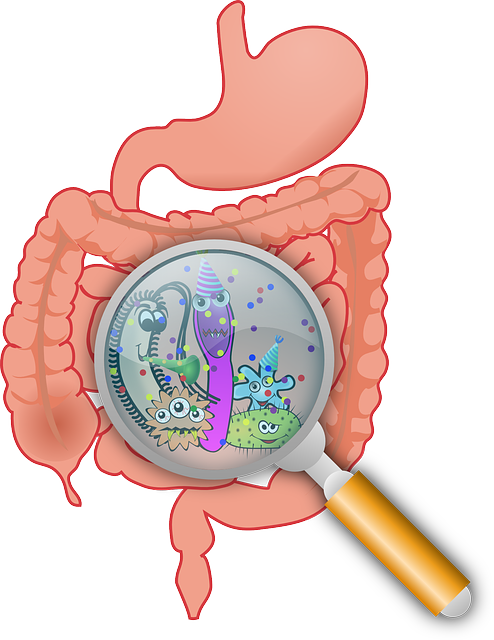

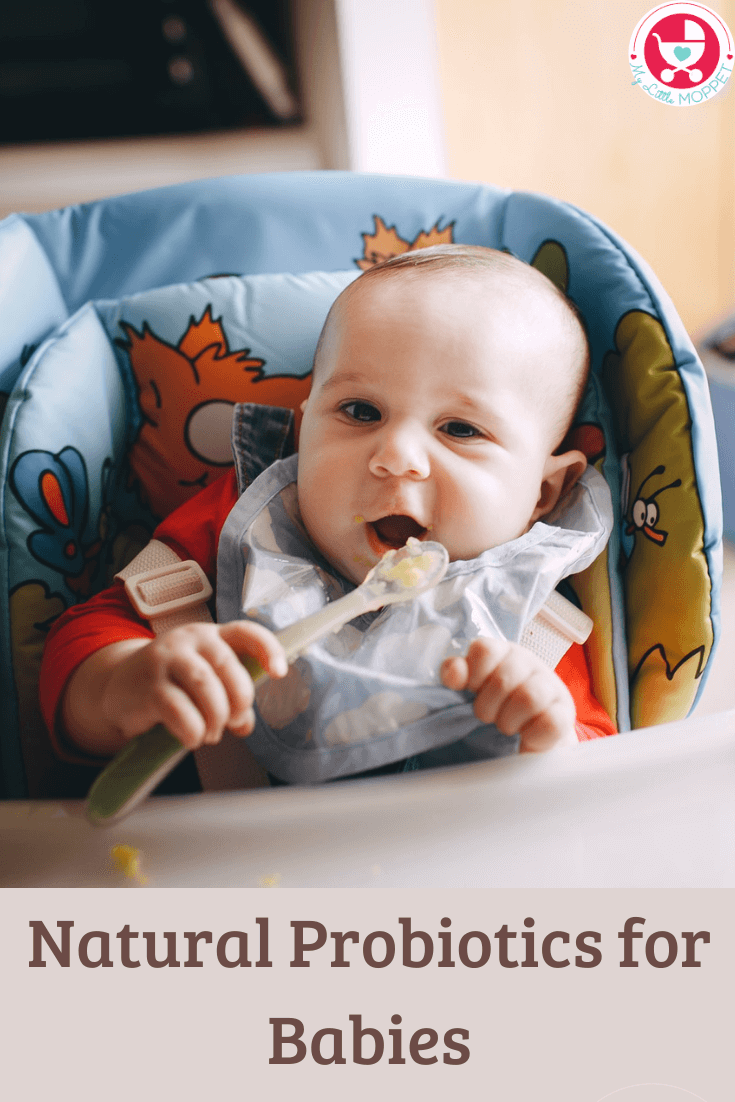
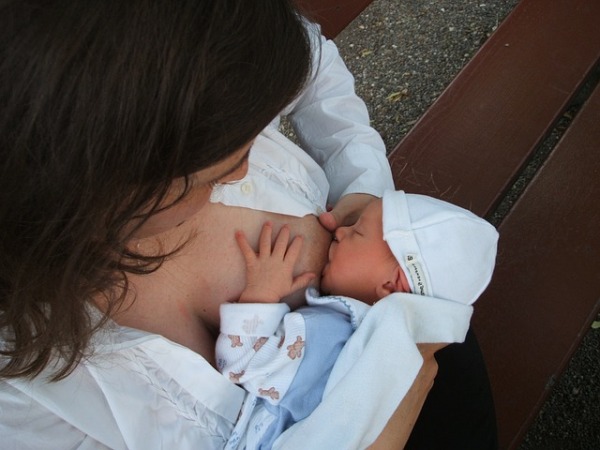
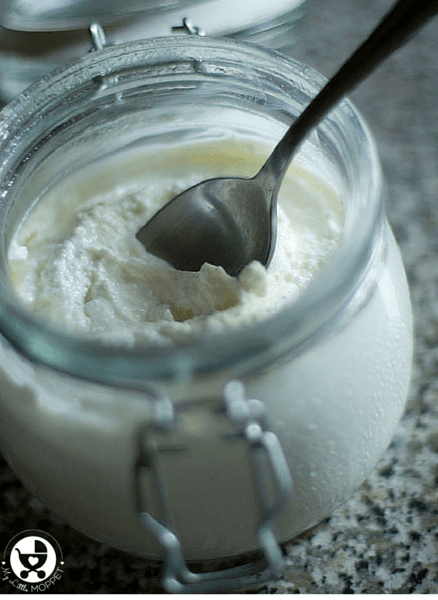
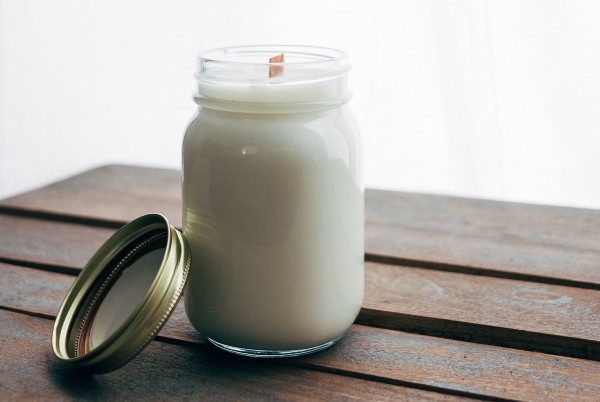

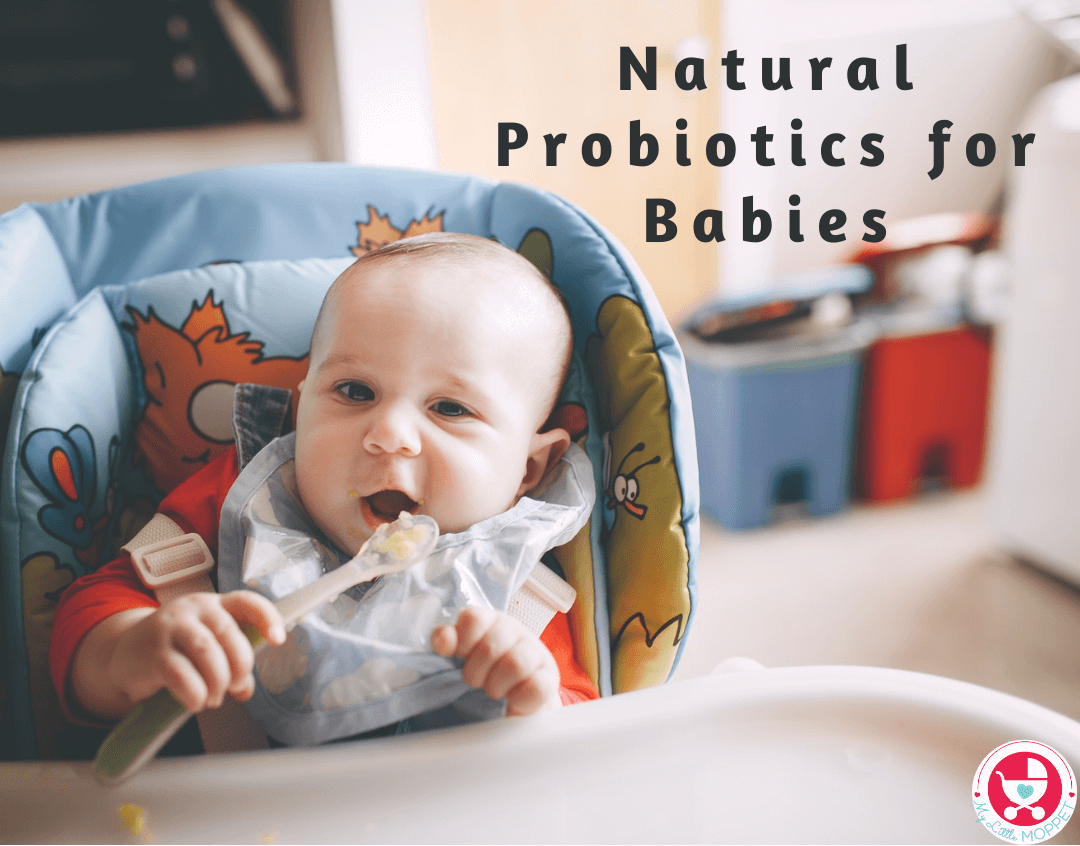

No comments:
Post a Comment